Understanding Helpful Ways That Help To Prevent Hair Fall
Hair loss is a prevalent global issue! Although everyone experiences hair loss differently, watching hair fall off the scalp might leave you feeling depressed. While improper hair care practices are the leading cause of hair loss, various other factors could be to blame. If you're wondering how to control hair loss, here's some expert advice to help you halt it and promote hair growth.
You may believe you are the only one experiencing this, yet hair loss is extremely prevalent in both men and women. Continue reading to understand how to regrow thinning hair, how to add volume to your hair, and when to consult a healthcare expert.
Certain risk factors for hair loss, such as genes, are beyond our control. In contrast, making certain lifestyle adjustments may also help to delay or prevent hair loss. Here are some evidence-based lifestyle modifications you may implement to help thinning hair regenerate.
What can you do to help thinning hair grow back if you notice extra hair in your shower drain or more strands than usual on your hairbrush? Here are some ways by which you can treat your hair fall.
Hair care ways how to prevent hair fall:
Reduce your stress levels: Your emotional and physical well-being also highly impacts your hair. Telogen effluvium is a kind of hair loss commonly caused by emotional or physical stress. You may remove handfuls of your hair by combing, running your fingertips through it, or shampooing. Telogen effluvium typically cures within six to eight months, but it may recur. Learning to manage your emotional stress may assist in preventing this type of hair loss and thinning.
Make dietary changes in your routine: A lack of certain nutrients in your diet may result in hair loss. Hair loss is considered one of the most prevalent symptoms of iron deficiency or anemia. You may develop iron deficiency anemia if you do not consume enough iron in your diet. Vitamin C increases iron absorption. Try pairing iron-rich meals with citrus, potatoes, strawberries, and tomatoes.
According to research, consuming too little protein may raise the chance of hair loss. Try to incorporate protein-rich foods into your diet, such as beans, meat, fish, and tofu. Low-fat dairy products offer an additional source of protein. Before beginning a new mineral or vitamin supplement, consult with your healthcare professional. They can perform a blood test to determine which nutrients you need.
Consider taking health supplements daily: A natural product that promotes hair growth can assist. Supplements such as biotin and folic acid are popular hair loss treatments. You can use hair serum for hair to help fight against hair fall. Before starting a new supplement, consult with a healthcare expert, such as a qualified nutritionist or dietitian. The Food and Drug Administration fails to evaluate the efficacy of supplements before they are released to the market.
Use a topical treatment for your hair: You might talk to your doctor about starting Rogaine (minoxidil), a topical hair treatment for hair loss. Rogaine does not treat baldness or receding hairlines, which are typical in male pattern baldness.
Rogaine is a hair treatment liquid that is applied to the scalp twice daily to prevent hair fall. Using greater amounts than the label specifies does not accelerate hair growth. You must use Rogaine regularly for four months before you see results. Some people may only notice hair growth after using Rogaine for a year.
Try using essential oils for your hair: Research suggests that essential oils are a natural and economical alternative therapy for hair growth. One study found that massaging pumpkin seed, rosemary, or tea tree oil on your scalp before bedtime may increase hair development. However, the research is inconsistent, and it is uncertain how safe essential oils are. Before using essential oils on your scalp, see a healthcare provider.
Be gentle with your hair: Using harsh chemicals or pulling on already weak hair can quickly cause harm. If your hair is falling out or thinning, then you should be careful and gentle with it. Apply conditioner after shampooing to help prevent breaking and split ends. Avoid tightly tying your hair into buns, braids, cornrows, bunches, or ponytails. These haircuts may trigger traction alopecia, a kind of hair loss that can result in permanent damage. Brush your hair gently as needed. Brushing your hair too frequently tugs on it, exacerbating hair loss. Look for a mild shampoo. Some shampoos are formulated specifically for hair loss.
Avoid bleaching and coloring your hair: Colouring your hair too frequently damages it and may exacerbate hair loss. Avoid lightening your hair since bleaching often involves a lot of peroxide, which can harm it. Instead, use a dye that is close to your natural color. Bleaching your hair makes it more sun-sensitive than usual, resulting in brittle, dry, and fragile hair. If you are bleaching your hair, consider wearing a wide-brimmed hat.
Avoid overly hot styling regularly: Heat, like bleach and dye, damages already sensitive hair and may exacerbate hair loss. Avoid blow-drying your hair. Instead of heat styling, let your hair dry naturally or wrap it in a microfiber towel so that it absorbs water. Some hair tools may cause your hair to sustain unwanted heat damage. Consider only utilizing curling irons and hair straighteners for exceptional occasions, such as a job interview.
After determining the cause of your hair loss, your doctor may recommend medical therapies. They may question you about your hair loss and administer tests, such as a blood test or a hair sample, to determine the cause. You can also use hairline growth serum to help grow new hair.
It may take several months to regrow your hair. In the meantime, visiting a hairdresser might lessen the appearance of hair loss. A good haircut and a few simple style techniques can quickly simulate fullness.
Conclusion:
Various factors, including hormonal changes, genetics, and stress, can cause hair loss. The treatment done for hair loss varies depending on the underlying cause. To prevent hair loss, consult a healthcare provider.
Also, before starting any new medication or supplement, you must ask the doctor or dermatologist. Some remedies, such as a new hairstyle, hair serum for hair growth, or volumizing dry shampoos, can help regrow or disguise thinning hair.



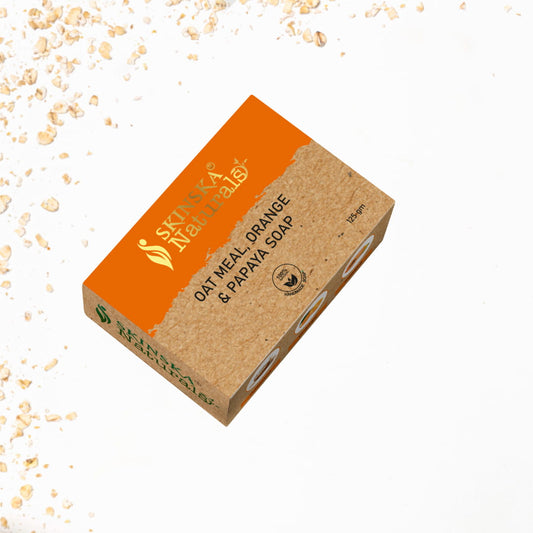






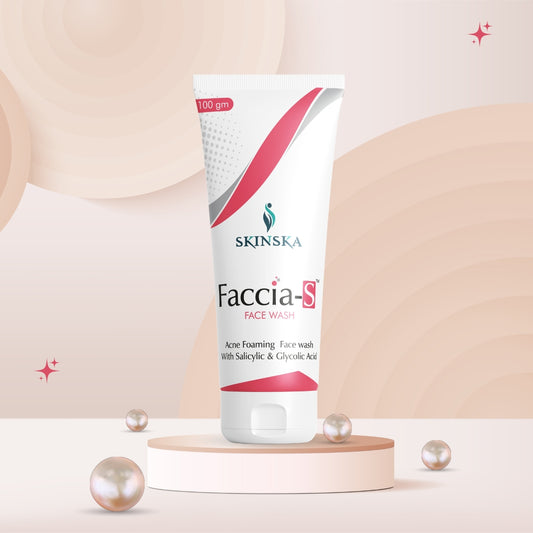
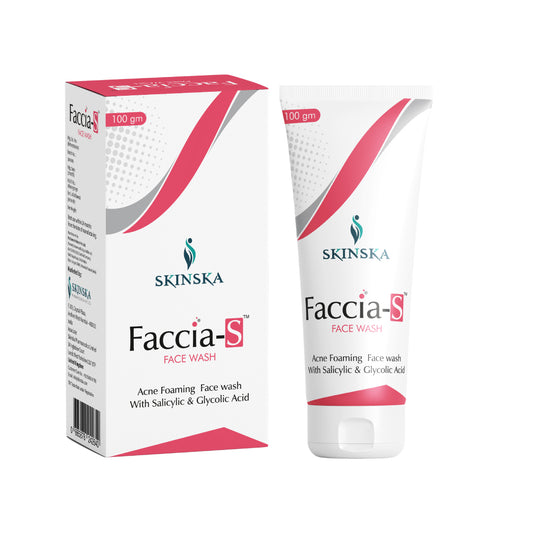
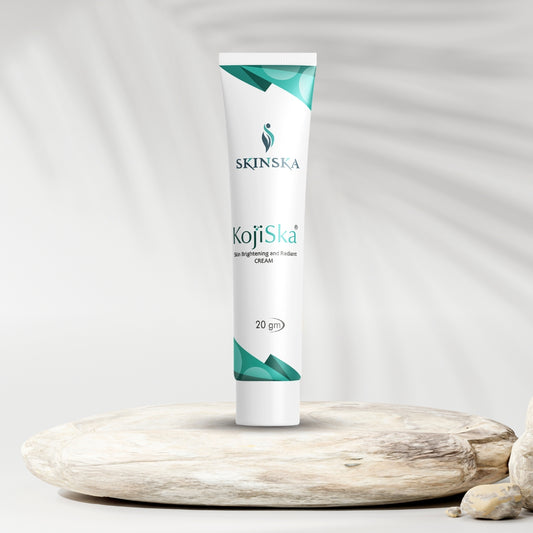
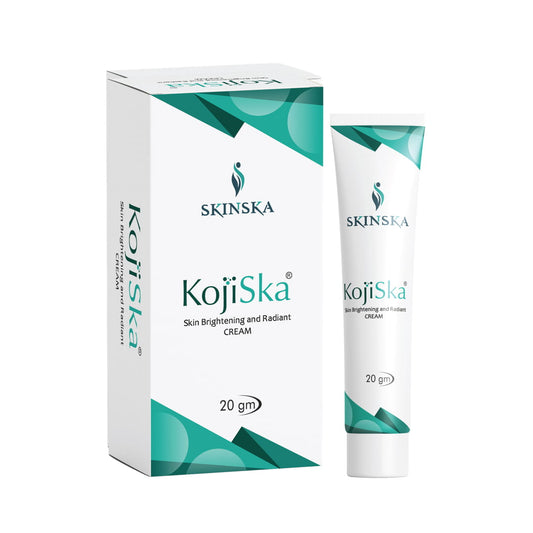


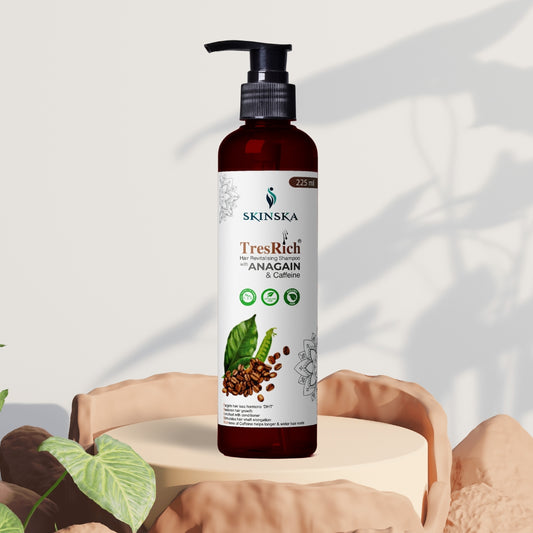

Leave a comment
All blog comments are checked prior to publishing